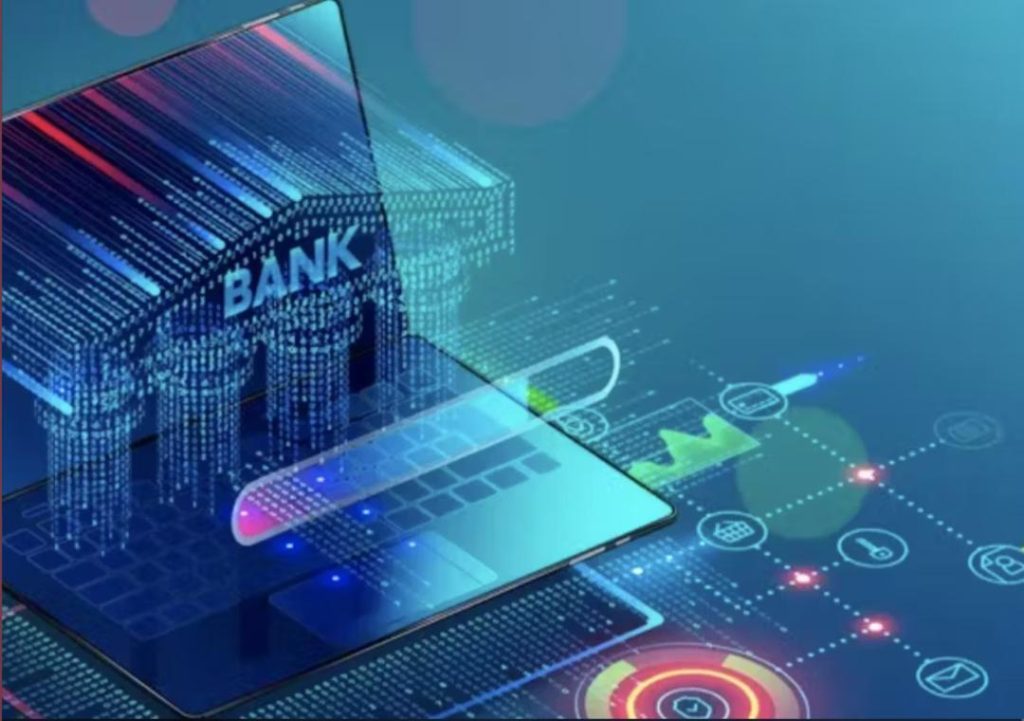
Fintech Rebels are Dismantling Big Banking
The traditional banking system has long been criticized for its inefficiencies, high fees, and limited accessibility. Fintech companies, on the other hand, have been revolutionizing the way we think about financial services by leveraging decentralized finance (DeFi), digital wallets, and micro-credit. These startups are skipping the traditional brick-and-mortar approach, offering frictionless loans, savings, and investments to customers – especially in underserved regions.
This shift is not just about disruption; it’s a new default. The customer experience is at the forefront of this revolution, and fintechs are redefining the way we interact with our money.
The Rise of DeFi
Decentralized finance, or DeFi, is a segment of the fintech industry that has seen tremendous growth in recent years. DeFi platforms enable peer-to-peer lending, borrowing, and trading, all without the need for intermediaries like banks. This democratization of finance has opened up new opportunities for individuals and businesses to access credit, invest, and manage their finances in a more transparent and secure manner.
One of the key benefits of DeFi is its ability to bypass traditional banking systems. By eliminating intermediaries, DeFi platforms can offer lower fees, faster transaction times, and greater accessibility to financial services. For example, DeFi lending platforms like Compound and Aave allow users to borrow and lend cryptocurrencies, such as Bitcoin and Ethereum, without the need for traditional financial institutions.
Digital Wallets: The New Normal
Digital wallets are another game-changer in the fintech space. These mobile apps and online platforms enable users to store, send, and receive money, as well as make payments and manage their finances. Digital wallets have become an essential tool for consumers, offering convenience, speed, and security.
Digital wallets like PayPal, Venmo, and Revolut have disrupted traditional payment systems by allowing users to make transactions without the need for physical cards or cash. These platforms have also introduced new features, such as real-time payment tracking, rewards programs, and budgeting tools, which have further enhanced the user experience.
Micro-Credit: Financial Inclusion for All
Micro-credit is another area where fintechs are making a significant impact. Micro-credit platforms offer small, short-term loans to individuals and businesses, often with flexible repayment terms and lower interest rates than traditional lenders. This has enabled millions of people around the world to access financial services for the first time.
Fintechs like Kiva, Lending Club, and Microfinance Opportunity have been at the forefront of micro-credit innovation. These platforms use digital technology to connect borrowers with lenders, reducing costs and increasing accessibility. Micro-credit has also enabled fintechs to serve underserved communities, providing financial inclusion and economic empowerment to individuals who may have been previously excluded from the financial system.
The New Default: Frictionless Financial Services
The fintech revolution is not just about offering new products and services; it’s about creating a new default in the way we interact with our money. Fintechs are redefining the customer experience by providing frictionless, seamless, and convenient financial services.
From digital wallets to DeFi platforms, fintechs are eliminating intermediaries and reducing costs, making financial services more accessible and affordable for everyone. This shift is not just about disruption; it’s about a new normal – a world where financial services are designed around the customer, not the institution.
Conclusion
The fintech revolution is transforming the way we think about financial services. By leveraging DeFi, digital wallets, and micro-credit, fintechs are dismantling big banking and redefining the customer experience. This shift is not just about disruption; it’s a new default – a world where financial services are designed around the customer, not the institution.
As fintechs continue to innovate and push the boundaries of what’s possible, we can expect to see even more exciting developments in the future. From increased financial inclusion to new investment opportunities, the fintech revolution is poised to change the world – one transaction at a time.
News Source:






